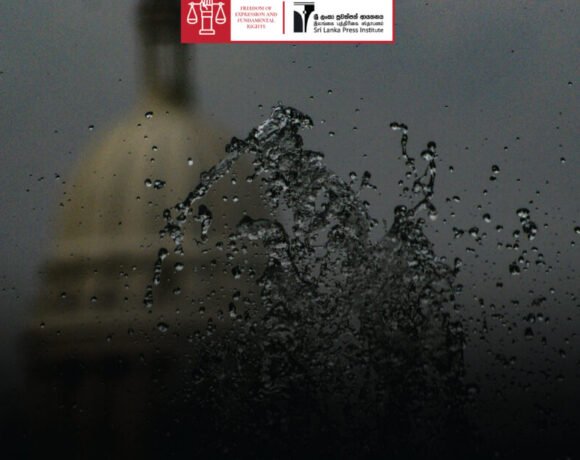
The Position Given to Sexual Labor in Sri Lankan System of Law
Dhanushka Silva
Selling somebody’s sexuality for a considerable amount of money is considered as the origin of the world’s first occupation. Ancient civilizations such as Greek, Hebrew and Roman are some of the examples to prove that sexual labour had been a popular occupation in the world from ancient civilizations. Therefore, it is clear that sexual labour (prostitution) has an existence in civilization.
According to the statistics, there are over 40000 professional sex labourers in Sri Lanka and half of this amount is engaged in their profession in Colombo and its suburbs. Both male and female sexual labourers, as well as transgender communities, are included in these statistics. The Association of Sex Laborers in Sri Lanka requested prostitution to be legalized in Sri Lanka highlighting the need for it in society. But, different religious organizations, civil socialist groups, politicians and social activists interfered and developed a social discussion over the matter emphasizing the conflict between ethics and law that may arise in the country if prostitution is legalized in Sri Lanka. The social attention to this matter has been dispersed along the time and prostitution is not yet accepted as a legalized profession in the country.
However, the prevailing system of law does not contain a separate set of rules to regulate sexual labour directly in Sri Lanka. But it is a known secret that sexual labour is freely vendored in small scale rooms, massage parlours and different types of hotels all over the country.
Isn’t there a direct law?
Even though Sri Lanka is a country in which sexual labour is not legalized, its system of law does not consider sexual labour as a criminal offence. But most of the sexual labourers in Sri Lanka are being arrested by the police. Even when there is no legal authority to arrest sexual labourers, the police use the Vagrant Ordinance Act in 1847 and the Brothels Ordinance Act in 1889 as an excuse to arrest the sex labourers.
According to the 2nd and 7th statements of the Vagrant Ordinance Act in 1847, improper behaviour in public is considered as an offence. The Vagrant Ordinance Act was established by the British rulers to arrest the Indian labourers who have run away from the estates.
According to the Brothel Ordinance Act in 1889, maintaining a brothel or a part of it, encouraging maintaining a brothel, owning one and renting out space for brothels are considered punishable offences. But the act does not include any law which considers selling sexual labour as a punishable offence.
When analyzing the above mentioned legal provisions, it is clear that the Sri Lankan system of law does not include sufficient, direct rules and regulations to consider selling sexual labour as a punishable offence.
The debate about legalizing and not legalizing sexual labour
Even though most of the countries in the world hesitate to legalize sexual labour, the utmost power of legalizing or not legalizing it is held by the system of courts in the country.
India has taken actions to legalize sexual labour only through few aspects with several regulations under the Immoral Traffic Prevention Act in 1986. Even though sexual labour is legalized in India, brokerage, providing sexual labourers, and promoting such businesses are considered as punishable offences according to the above-mentioned act.
Classification
The position given to sexual labour by the system of law in different countries can be classified as below. They can be divided into four sections as criminalization, legalization, cancellation and handing over the power of decision making to the regional law.

According to this classification, Sri Lanka can be considered as a country in which sexual labour is in the position of criminalization. Even though the situation is as such, the system of law in Sri Lanka has not yet addressed the need for establishing a necessary set of rules and regulations to consider sexual labour as a punishable offence.








